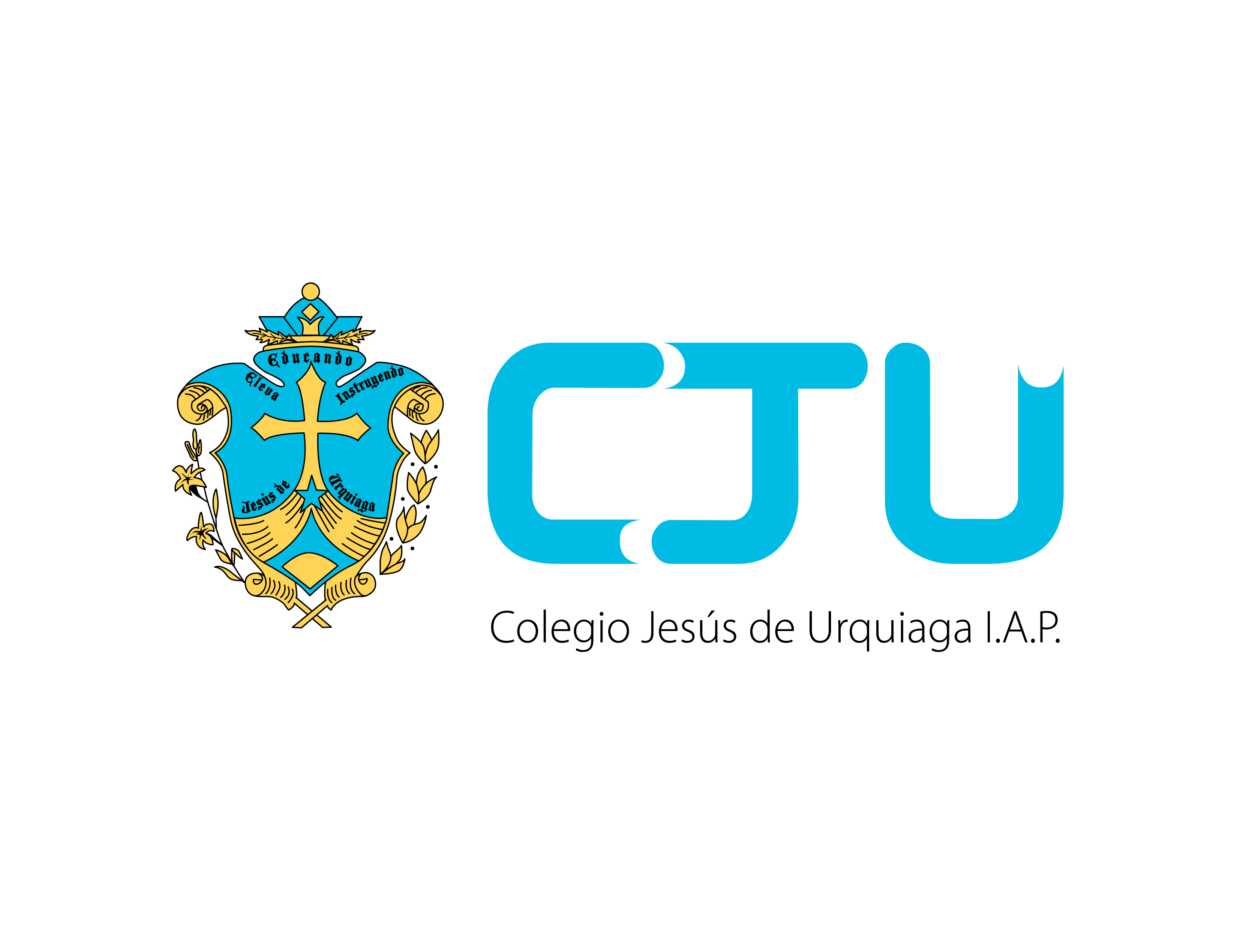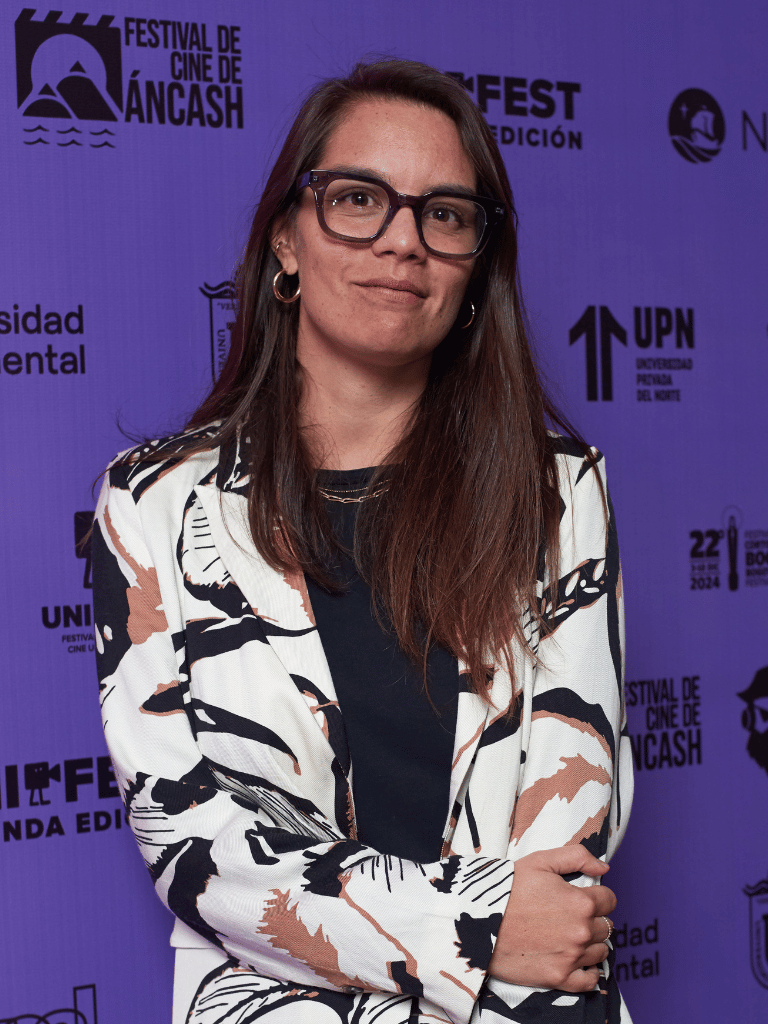
Fellows
Leaders reshaping Latin America's future. They build with purpose, lead with courage, and create impact through innovation and boldness. Meet them and get inspired.
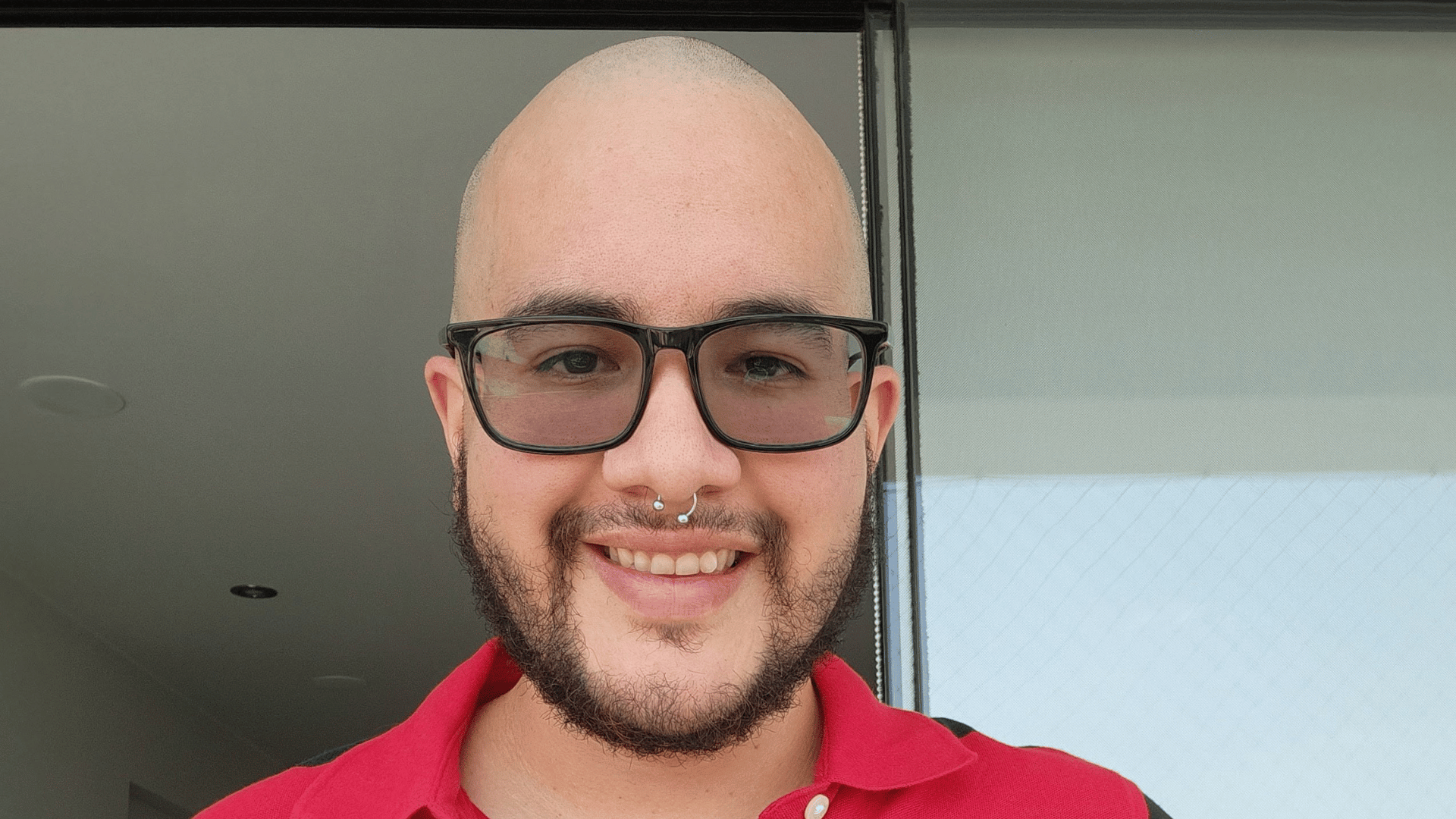
Workplace discrimination against LGBTIQ+ individuals is a key driver of exclusion in Latin America. 12% have experienced workplace violence, and 55% of entrepreneurs face funding barriers. Only 20% of companies in the region have inclusive policies, limiting economic participation.
%252011.48.16%25201.jpeg)
In Colombia’s Southern Pacific region, multidimensional poverty is up to six times the national average. Despite UNESCO recognition of the Marimba and Pacific chants, cultural bearers lack platforms to showcase their art, hindering their visibility and economic growth.
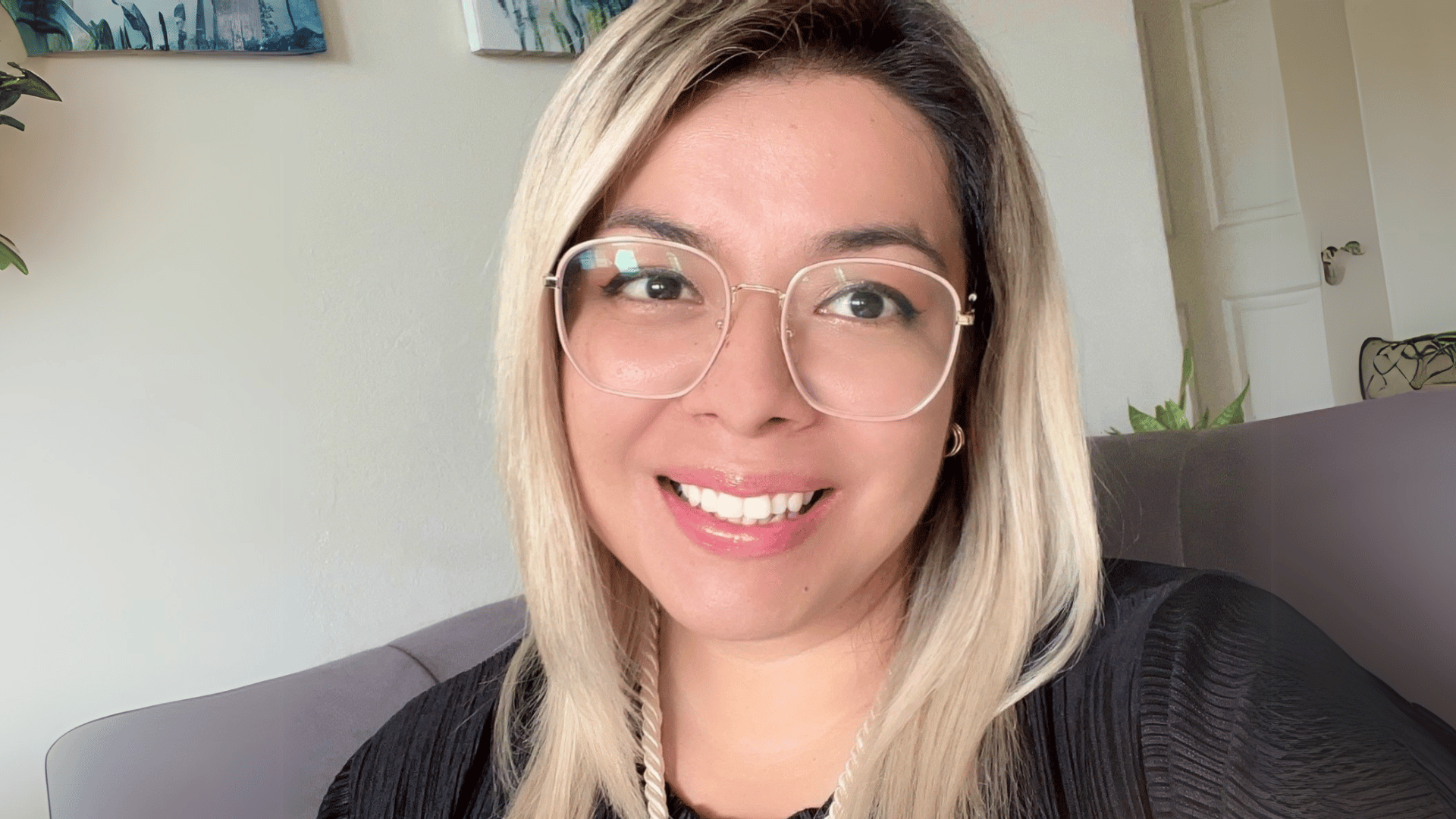
More than 108 million people have been forcibly displaced worldwide due to war, conflicts, and violence.
.png)
75% of diseases and deaths in adolescents are due to high-risk behaviors to which they are exposed: physical and sexual violence, drug abuse, eating disorders, and premature pregnancies.
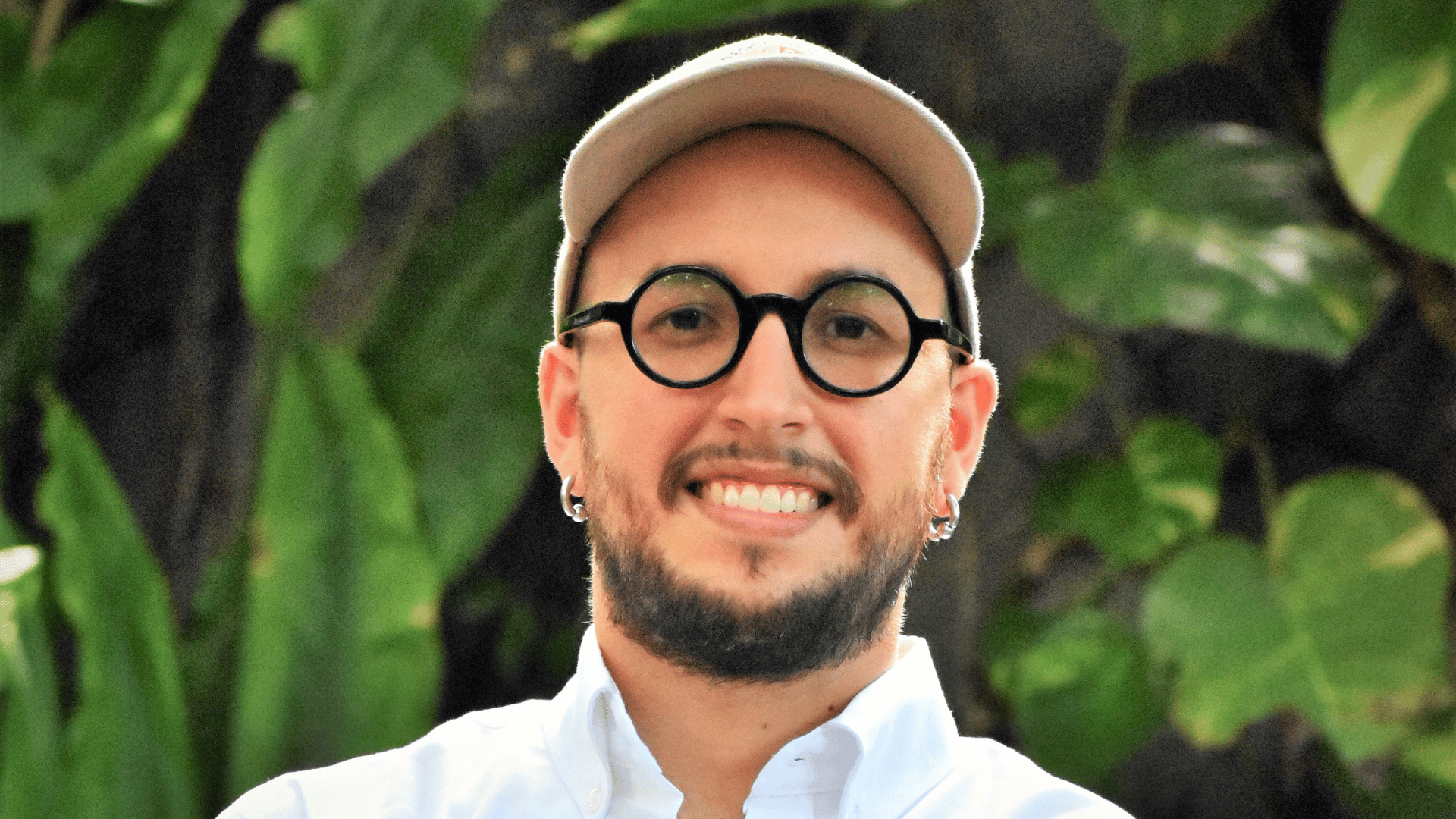
Colombian biodiversity has decreased by 18% due to a lack of conservation, species trafficking, and deforestation.
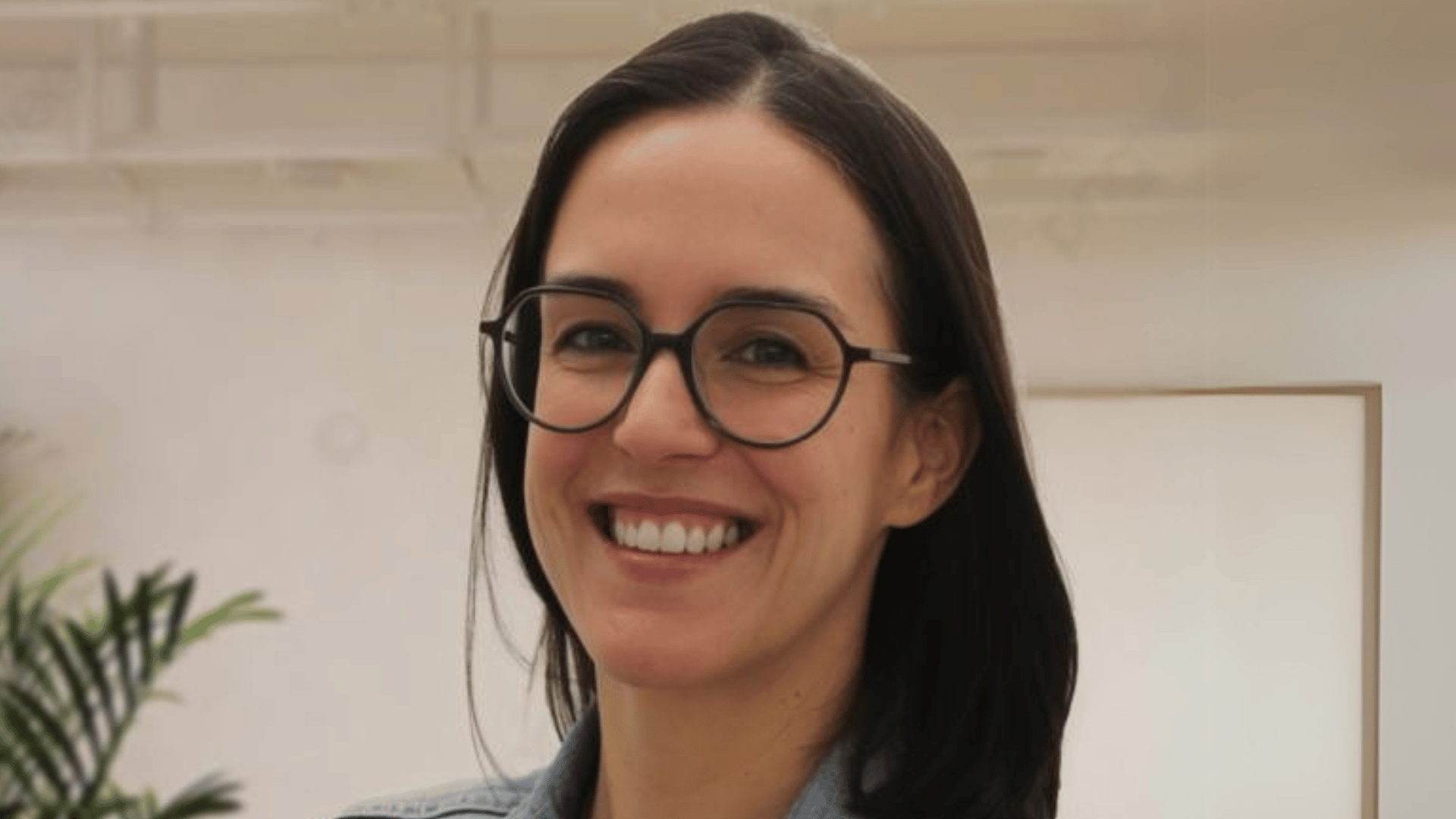
Lack of representation and limited platforms for dialogue on key social issues restrict the film industry’s potential to drive change.
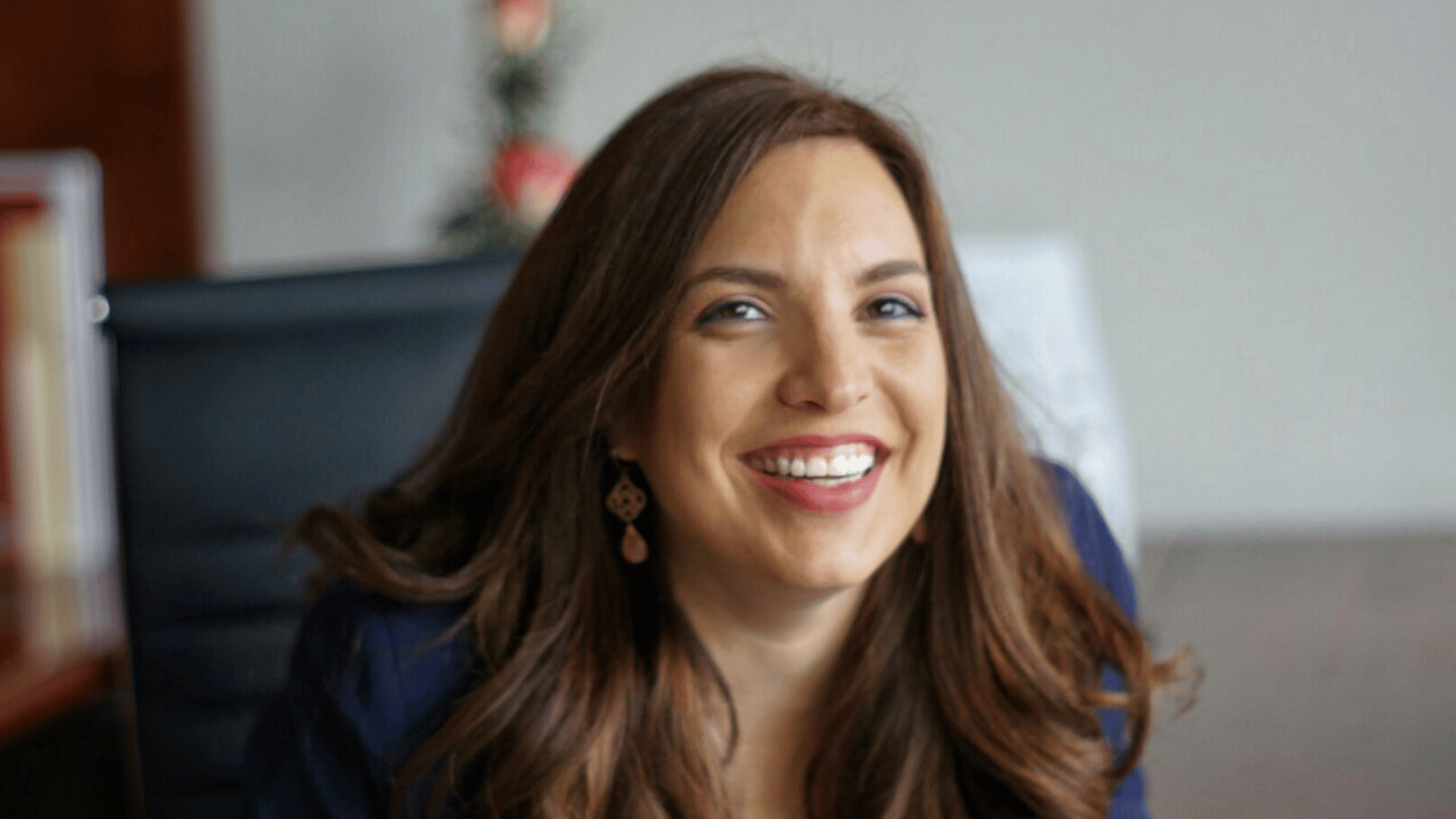
Mexico has more than 42 million children and adolescents between 0 and 19 years old, who must know that they are entitled to protection, education and participation in decision-making regarding their family and school life.
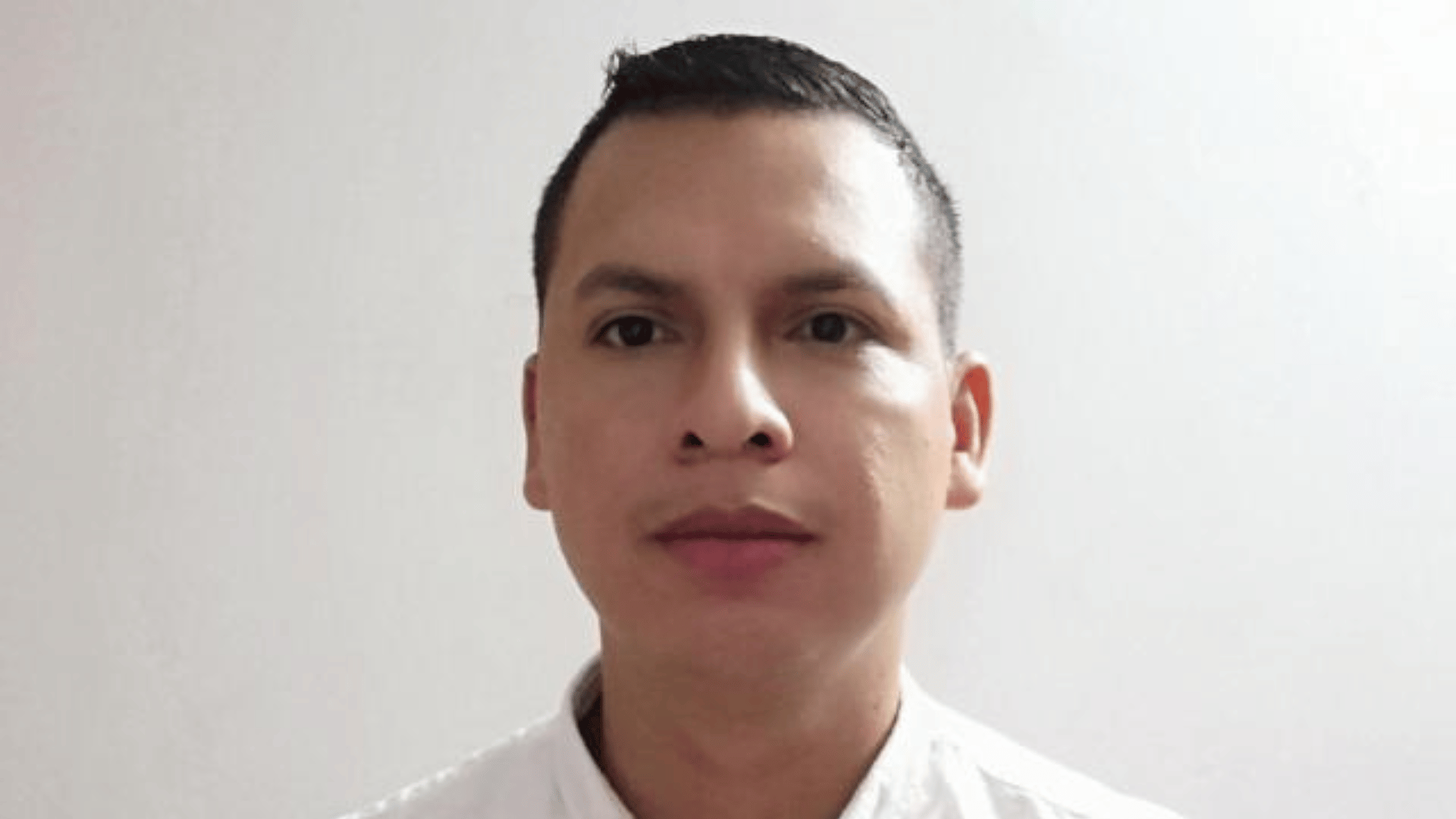
In Colombia, there is a lack of effective and accessible solutions to report emergencies and risky situations in real-time, especially for people with speech or hearing impairments.
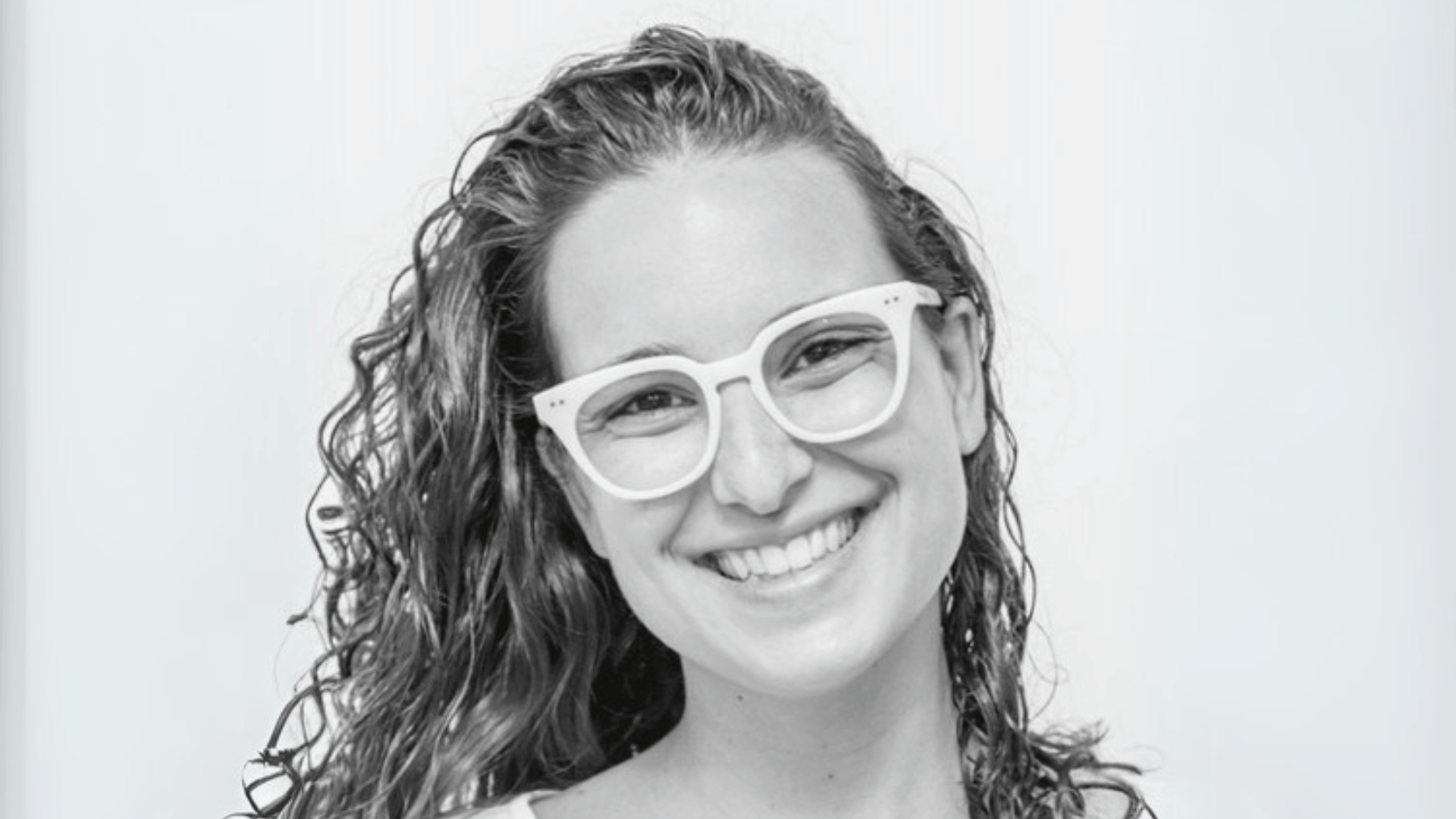
In Panama, low-quality education and lack of job opportunities threaten youth wellbeing.
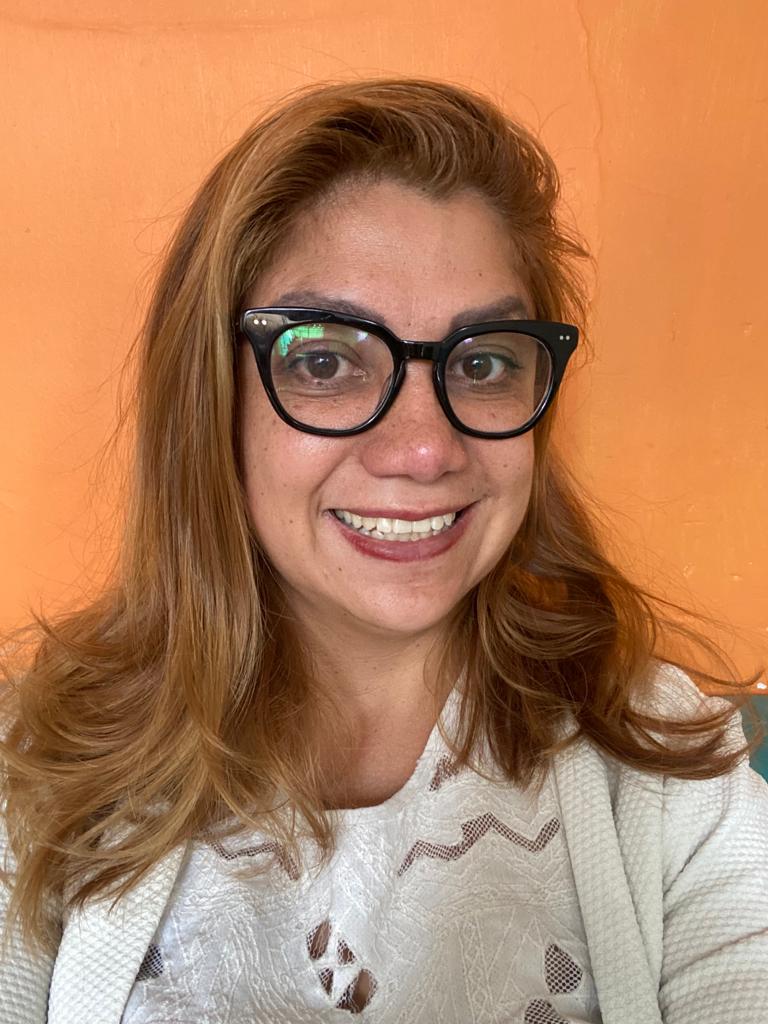
The deficient infrastructure of public schools in Mexico hinders learning, widening education gaps and social inequality.
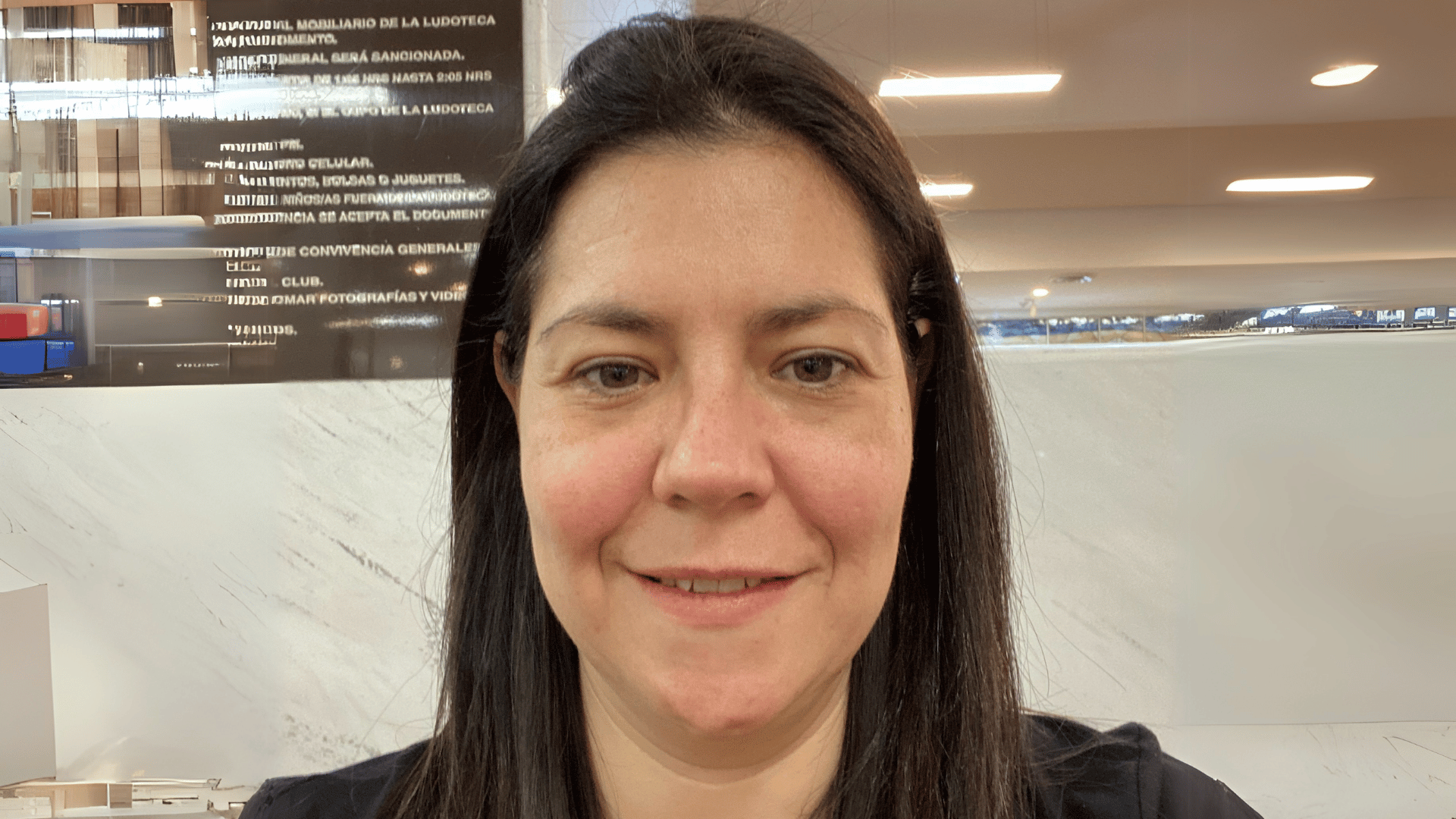
In Mexico, there are 10.8 million people living in extreme poverty, facing difficulties in accessing quality education, limiting their future opportunities.
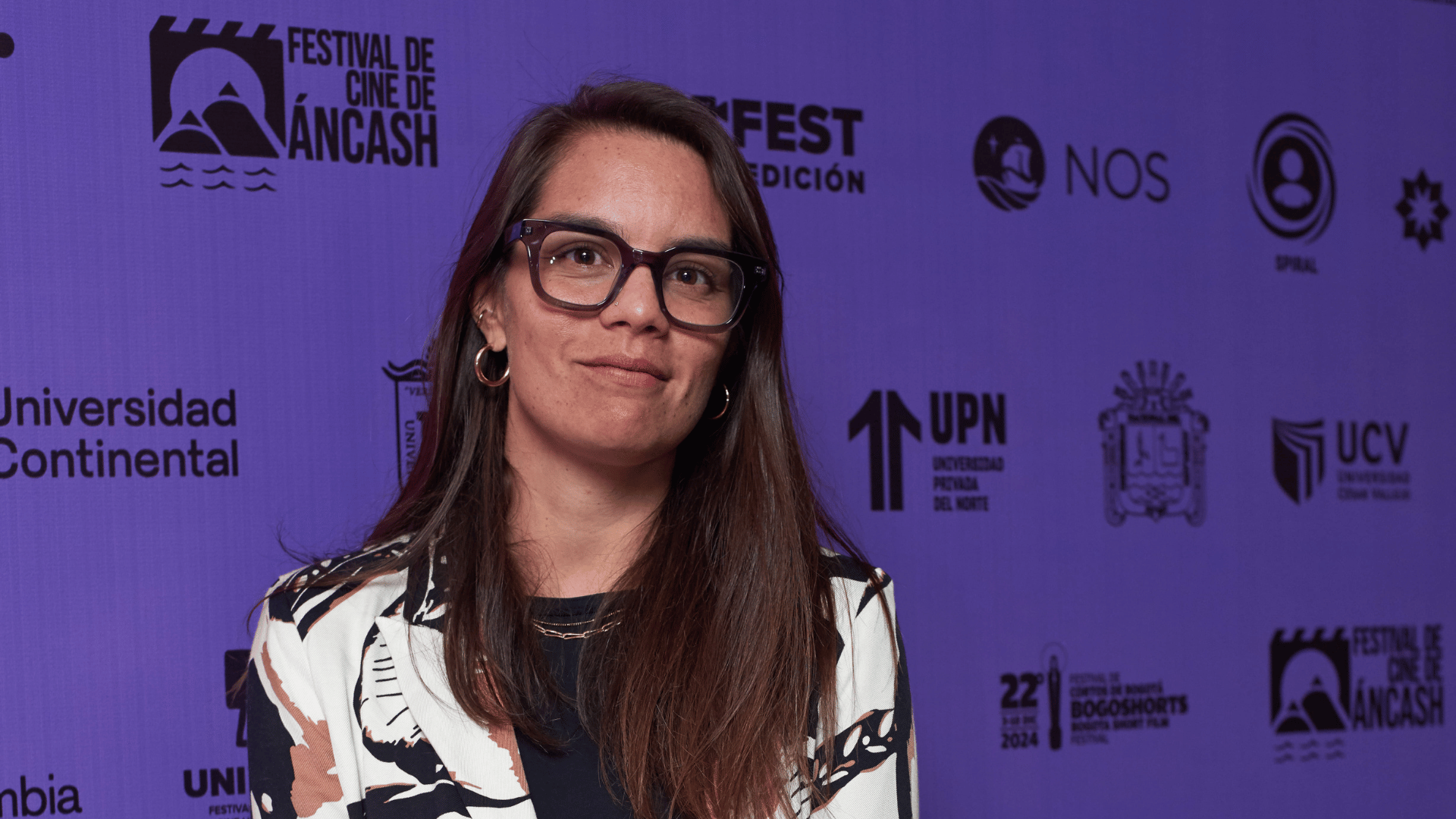
In Peru, over 65% of communication students specialize in audiovisual arts, but only 10% enter the industry. More than 400 student short films are produced each year but rarely reach wider audiences. Lack of sector coordination hinders young creators' professional growth.
Multiply your impact
Stay informed about the latest trends, tools, and funding opportunities in our monthly newsletter.

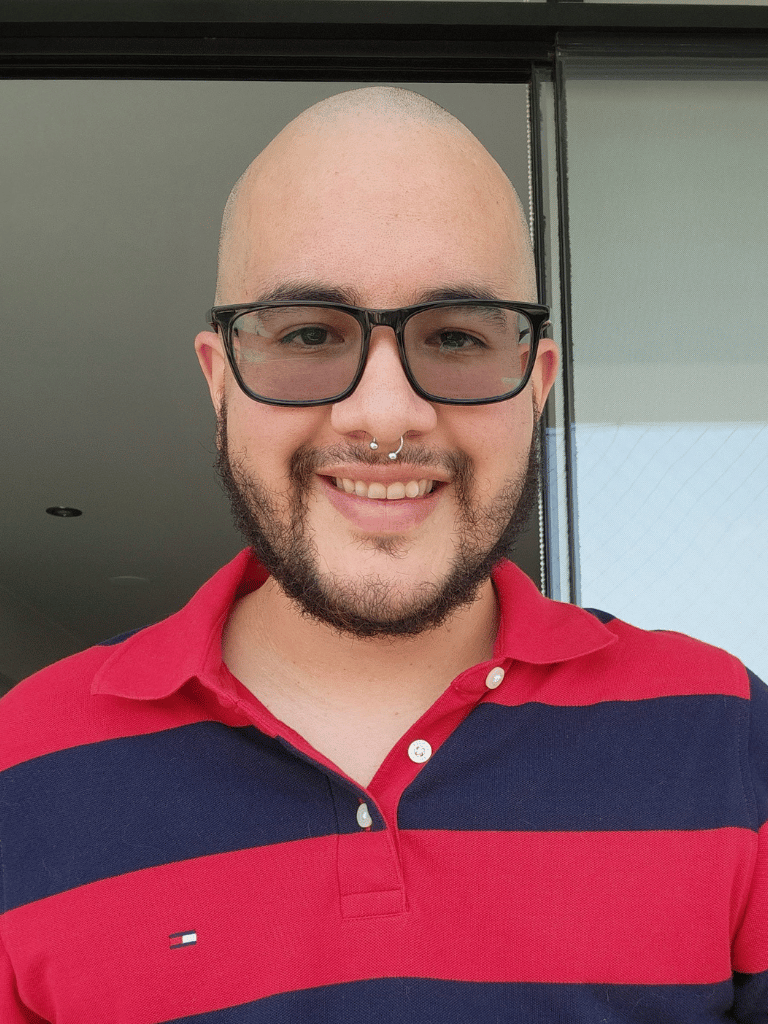
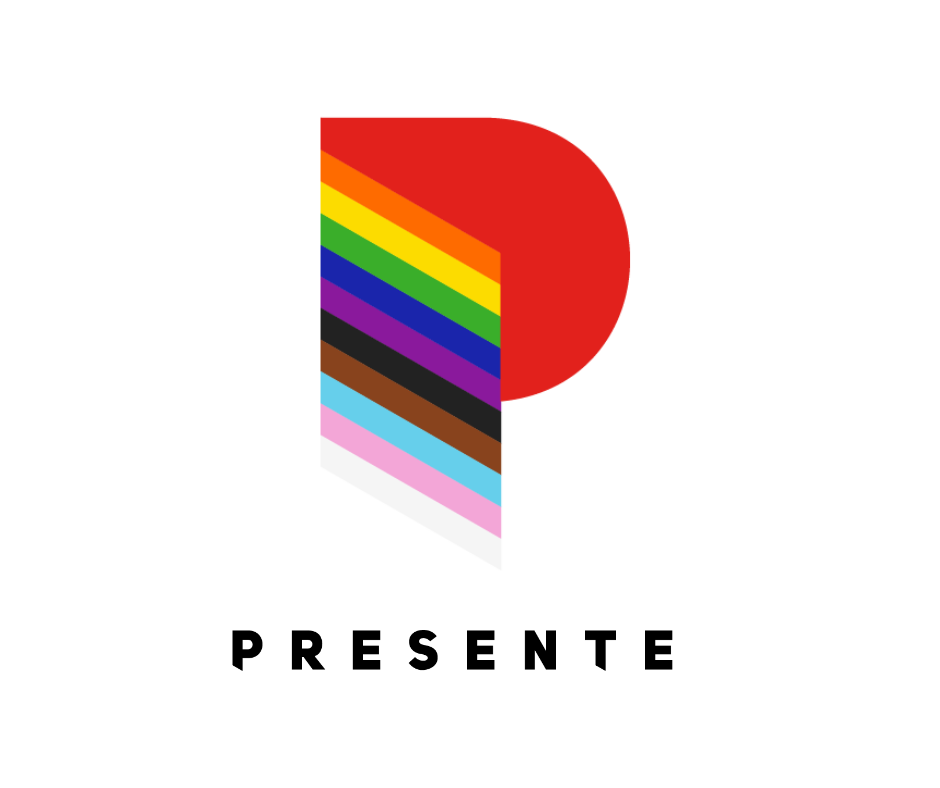


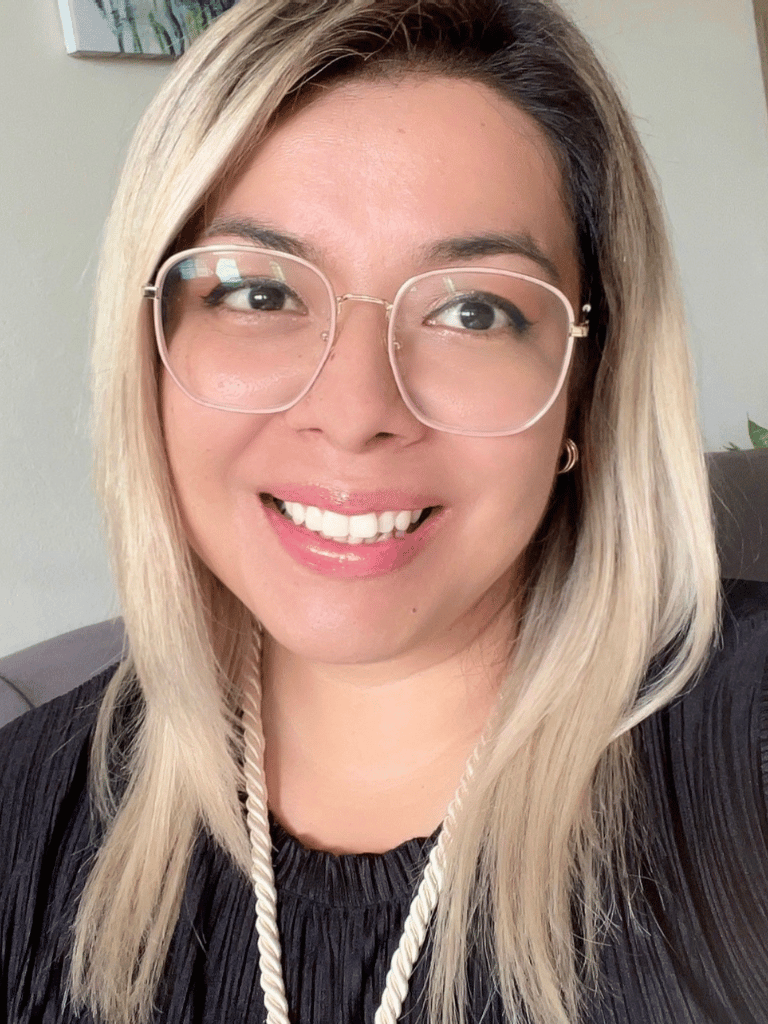



.png)
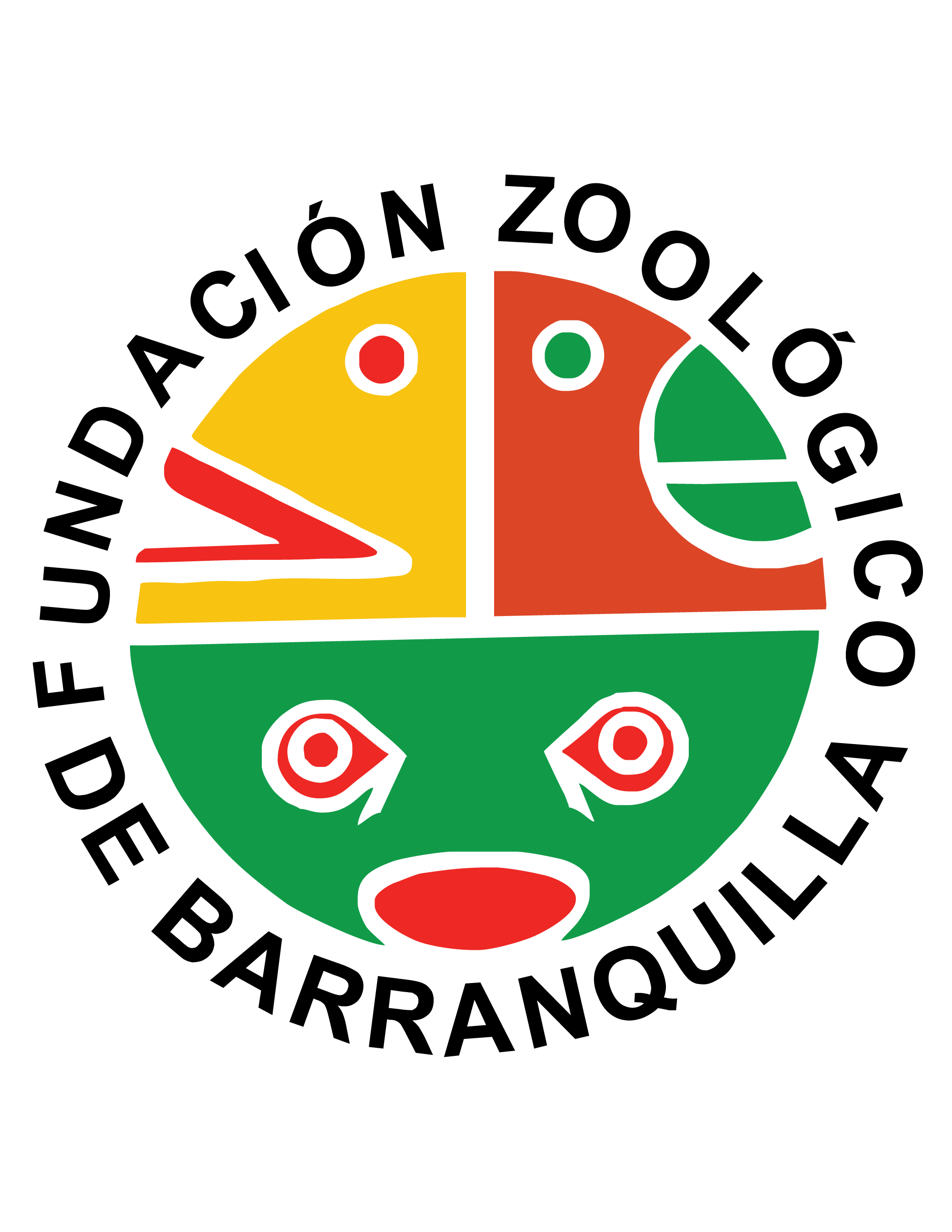
.png)

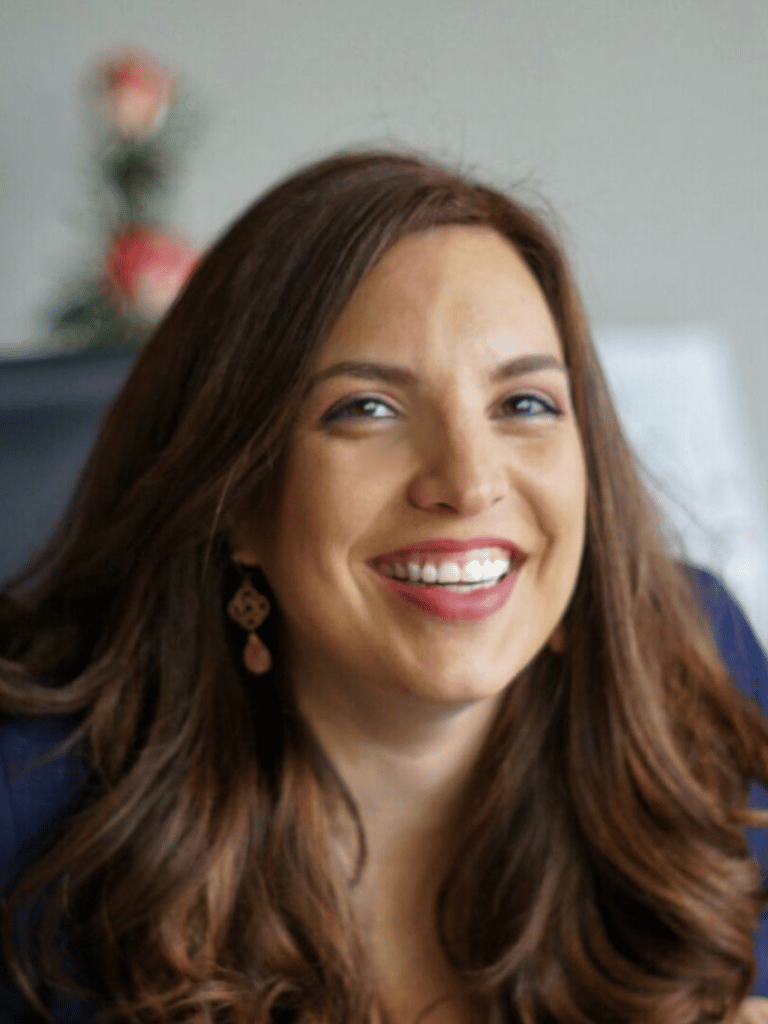

.png)
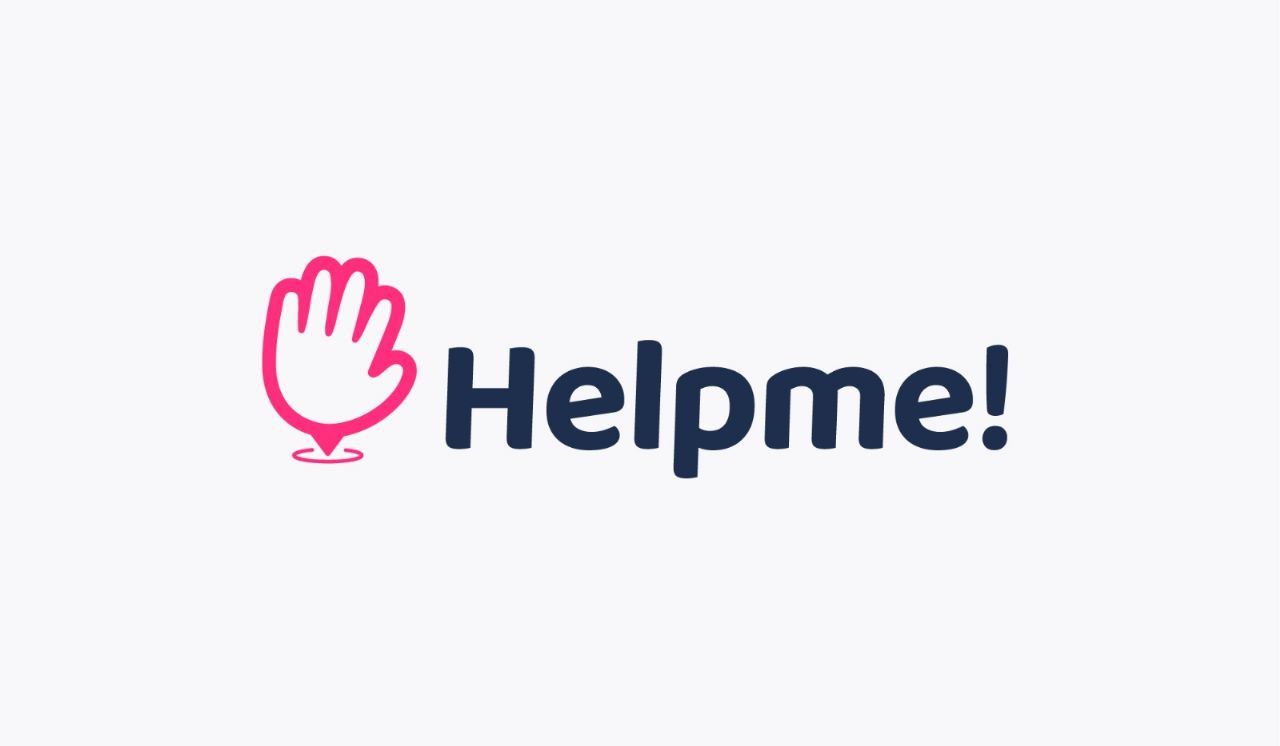
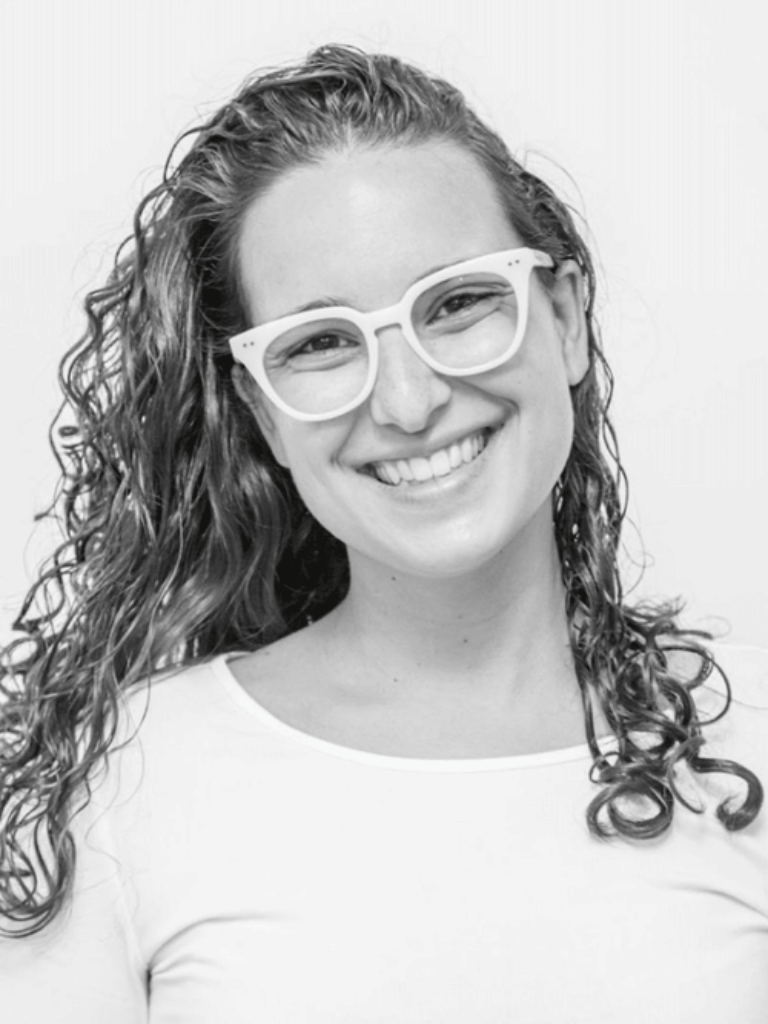
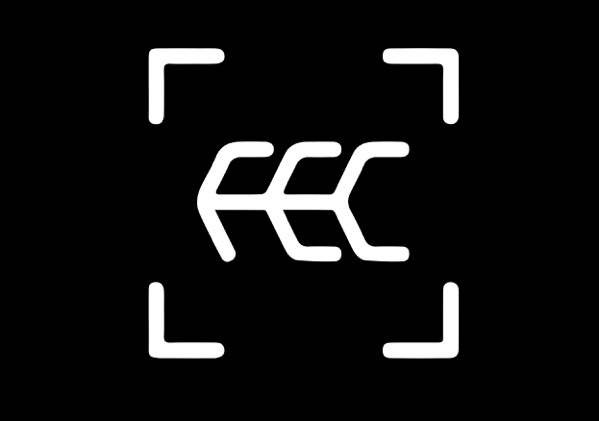

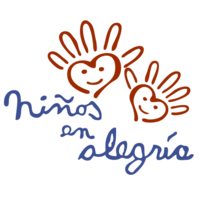
.png)
